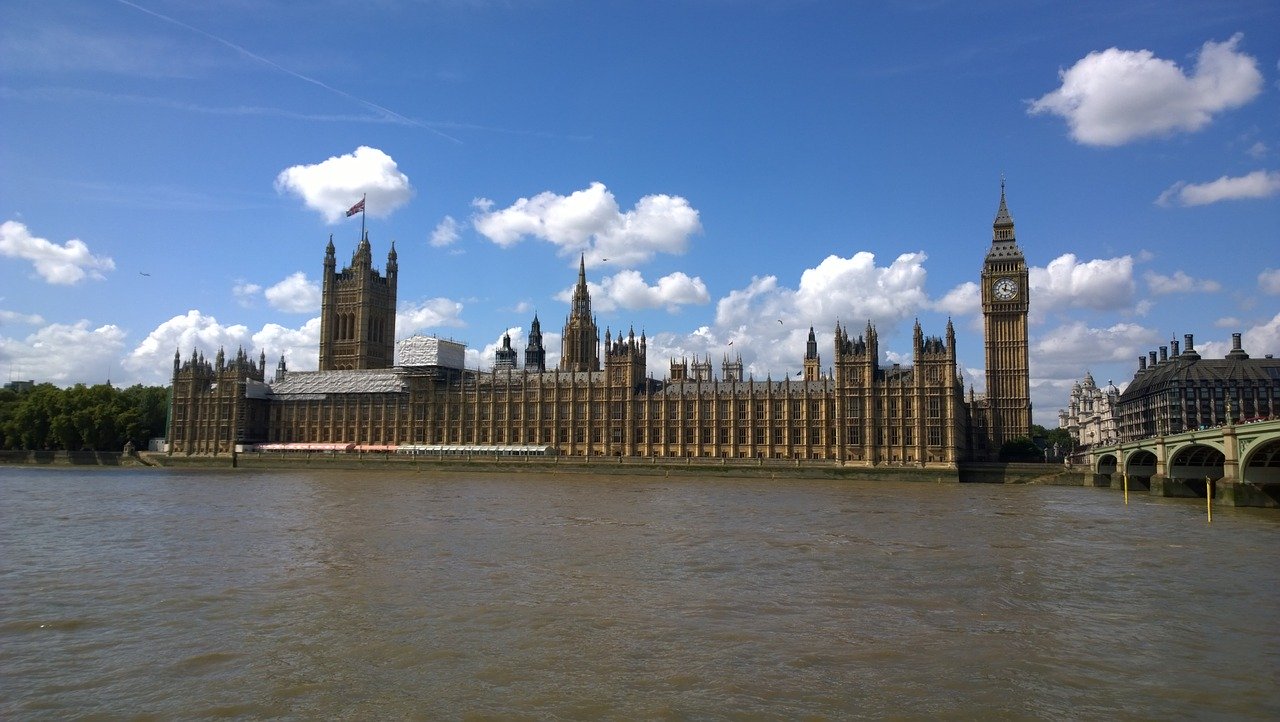UK Government borrowing hits record £55.2bn in May
The UK Government borrowed £55.2 billion last month, hitting a new record high as the coronavirus lockdown weighed heavily on its finances.

The figure was nine times higher than in May last year and the highest since the Office for National Statistics (ONS) started recording the debt in 1993.
The drastic increase in borrowing meant that the UK Government’s debt exceeded the size of the economy for the first time since 1963.
Chancellor Rishi Sunak said the figures confirmed the severe impact the virus was having on public finances and urged that the country needed to reopen its economy.
He said: “The best way to restore our public finances to a more sustainable footing is to safely reopen our economy so people can return to work. We’ve set out our plan to do this in a gradual and safe fashion, including reopening high streets across the country this week, as we kickstart our economic recovery.”
The ONS had previously said that April’s borrowing figure was the highest since records began in 1993, but it subsequently revised the figure down to £48.5bn from £62bn.
The revision was due to higher than expected income from taxes and national insurance, as well as the spending on the Coronavirus Job Retention Scheme being lower than originally estimated.
The deficit for the first two months of the financial year (April and May) is now estimated to have been £103.7bn, £87bn more than in the same period last year, another record.
However, the ONS has warned that borrowing for the 2020-21 financial year will drastically surpass that at £298bn, creating the largest deficit since World War Two.
The ONS said that although the impact of the pandemic on the public finances was becoming clearer, its effects were not fully captured in the release and that estimates were subject to greater than usual uncertainty.
Howard Archer, chief economic advisor to the EY ITEM Club, commented: “The public finances measured in terms of Public Sector Net Borrowing excluding Banks (PSNBex) saw a second successive shortfall in May – the second month of fiscal year 2020/21 – as the Government’s COVID-19 support measures for businesses and jobs fed through, both in terms of reduced receipts and substantially increased public spending.
“However, April’s shortfall was revised down substantially to £48.5bn from the previously reported £62.1bn. This was up from £11.1bn a year earlier. The ONS reported that April’s downward revision was “largely because of stronger than previously estimated tax receipts and National Insurance contributions, and lower expenditure than previously estimated associated with the Coronavirus Job Retention Scheme.
“The downward revision to April’s deficit highlights that the public finances are going to be subject to major revisions over the coming months.”
- Read all of our articles relating to COVID-19 here.








